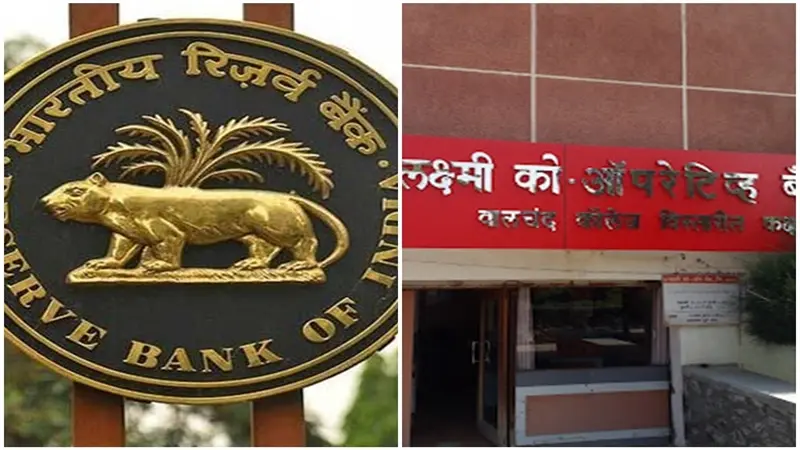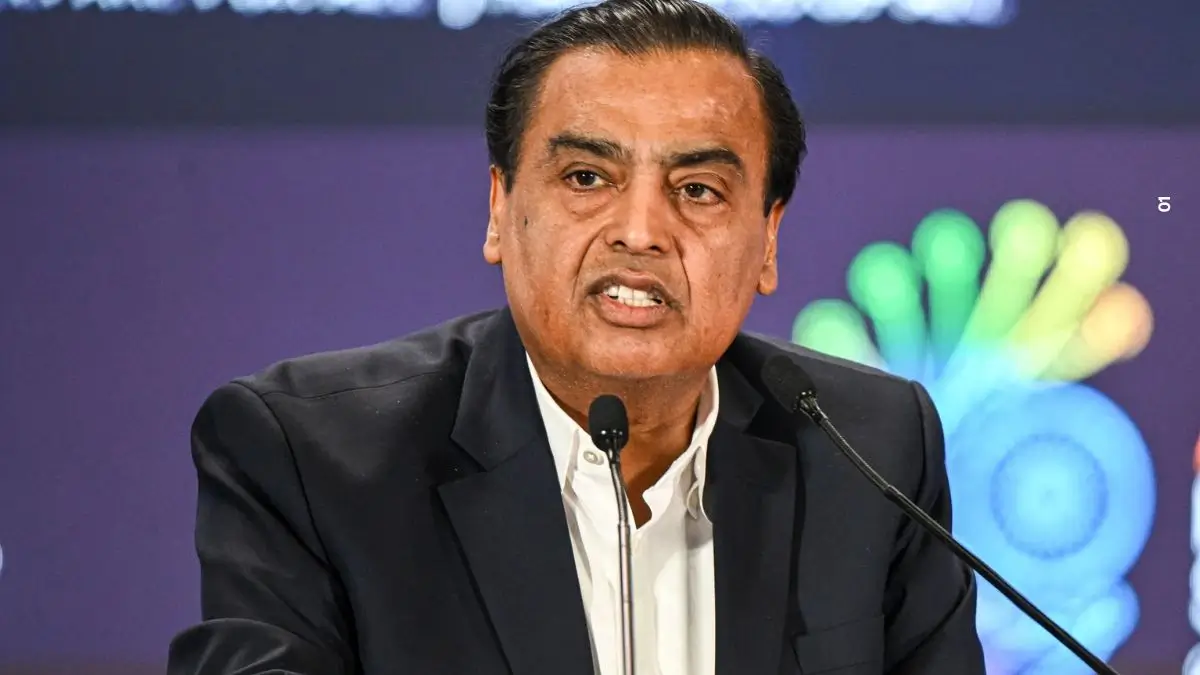RBI Grants Non-Banking Institution License to Mahalaxmi Cooperative Bank, Cancels Banking Permit
The Reserve Bank of India (RBI) recently made a significant decision regarding Mahalaxmi Cooperative Bank. In a move to address the bank’s financial stability and ensure the smooth functioning of the cooperative banking sector, the RBI granted a non-banking institution license to Mahalaxmi Cooperative Bank while simultaneously canceling its banking permit. This decision has caught the attention of aspirants preparing for various government exams, including those aiming for positions in the teaching sector, police services, banking, railways, defense, and civil services like the PSCS to IAS.
The Mahalaxmi Cooperative Bank, located in Mumbai, has been facing financial difficulties for some time now. The RBI’s decision to cancel its banking permit is a result of its inability to meet the regulatory requirements and maintain adequate financial health. However, in a bid to provide some relief, the RBI has granted the bank a non-banking institution license, which allows it to continue certain non-banking activities.

Why this News is Important:
Importance of Strengthening Cooperative Banks (Heading) Cooperative banks play a crucial role in providing financial services to rural and semi-urban areas. The RBI’s decision to grant a non-banking institution license to Mahalaxmi Cooperative Bank while canceling its banking permit underscores the need for strengthening cooperative banks. Aspirants preparing for exams related to banking and rural development should understand the significance of these institutions in promoting financial inclusion and supporting local economies.
Ensuring Financial Stability (Heading) The cancellation of the banking permit emphasizes the importance of maintaining financial stability in the banking sector. Candidates aspiring for positions in banks, financial institutions, and regulatory bodies should comprehend the implications of inadequate financial health and the necessity of adhering to regulatory guidelines. This news serves as a reminder of the role of regulatory authorities in ensuring the soundness of the financial system.
Historical Context:
The Mahalaxmi Cooperative Bank was established in Mumbai several decades ago with the aim of serving the financial needs of the local community. Cooperative banks have traditionally played a vital role in providing banking services to rural and semi-urban areas, catering to the specific requirements of these regions. Over the years, cooperative banks have faced challenges related to governance, financial management, and compliance with regulatory norms. The RBI has been actively working to address these issues and strengthen the cooperative banking sector.
Key Takeaways from “RBI Grants Non-Banking Institution License to Mahalaxmi Cooperative Bank, Cancels Banking Permit
| Serial Number | Key Takeaway |
|---|---|
| 1 | The Reserve Bank of India (RBI) has canceled the banking permit of Mahalaxmi Cooperative Bank. |
| 2 | Mahalaxmi Cooperative Bank faced financial difficulties and failed to meet regulatory requirements. |
| 3 | In spite of the cancellation of the banking permit, the RBI has granted a non-banking institution license to the bank. |
| 4 | This decision emphasizes the importance of financial stability and adherence to regulatory guidelines in the banking sector. |
| 5 | Aspiring professionals in the banking sector must understand the risks associated with inadequate financial management and non-compliance. |
Important FAQs for Students from this News
Q1: What is the significance of the RBI canceling the banking permit of Mahalaxmi Cooperative Bank?
A1: The cancellation of the banking permit highlights the importance of maintaining financial stability and regulatory compliance in the banking sector. It serves as a reminder of the risks associated with inadequate financial management.
Q2: Why did the RBI grant a non-banking institution license to Mahalaxmi Cooperative Bank?
A2: The RBI granted the non-banking institution license to provide some relief to the bank and allow it to continue certain non-banking activities, despite canceling its banking permit.
Q3: How does this decision affect the cooperative banking sector?
A3: The decision underscores the need to strengthen cooperative banks and ensure their financial stability. It highlights the challenges faced by cooperative banks and the role of regulatory measures in maintaining the stability of the sector.
Q4: What should aspiring banking professionals learn from this news?
A4: Aspiring professionals should understand the importance of financial prudence, regulatory compliance, and the risks associated with inadequate financial management. They should also be aware of the role of regulatory authorities in safeguarding the interests of depositors and maintaining a stable financial system.
Q5: What are the key takeaways for students preparing for government exams?
A5: The key takeaways include the cancellation of the banking permit, the grant of a non-banking institution license, the importance of financial stability, and the need to adhere to regulatory guidelines in the banking sector.
Some Important Current Affairs Links

















